---------------------------------------------------------
Keeping your chickens healthy isn’t terribly hard. It boils down to three things – keep their living area clean, give them plenty of fresh water, and give them proper feed.
The first two are easy, but feeding your flock right can be a little trickier. Starter, grower, medicated, pellets, crumbles…there is a lot to learn!
Please note this is a general guide to the different types of feed available commercially to chicken owners. You should always read the manufacturer’s suggested feeding schedule on the bag as some companies have different suggestions based on their feed’s formula.
Starter Feed – 0-10 weeks
When you first bring those tiny fuzz balls home, they have some pretty specific nutritional needs to help them grow big & strong. Starter feed helps support the fast growth rate of chicks in the first couple months of life with a high protein content. Starter feed for layers usually contains 18-20% protein, and starter feed for super fast growing broilers is usually closer to 24% protein.
Besides protein content, another important difference with starter feed is a lack of calcium. Baby chicks don’t have the calcium needs that laying hens need to produce strong eggshells. Their tiny kidneys can’t process the calcium load of layer feed, so it is important to not give layer feed to growing chicks.

Medicated vs Unmedicated Starter Feed
Chick starter feed generally comes in two varieties – medicated and unmedicated. Medicated starter feed contains Amprolium to help prevent the development of coccidiosis, a common & deadly disease among young chickens. It does not treat coccidiosis, it simply helps them build an immunity to it.
To buy medicated feed or not is a personal preference. Many small backyard flock owners will be fine with unmedicated feed as long as they keep a clean environment. For very large or commercial flocks medicated feed is highly recommended. I generally don’t buy medicated feed because we also raise ducks and the ducks eat a lot more feed, potentially overdosing on the medicine. A good way to boost their immune system without medications is to mix probiotic powder into their water.
Treats 0-10 weeks
Treats are entirely unnecessary at this age. A properly formulated starter chick feed will provide them all the nutrition they need. That being said, they are perfectly capable of eating a little treat now and then! Leafy greens, melons, or dried meal worms make great occasional treats for little ones.
Treats should be only offered occasionally so that they don’t get too full to eat their feed. If you do give your birds treats at this age, be sure to also offer a bowl of grit (crushed sand/stone). Chickens have no teeth, grit mixes with food in their gizzard to help crush & digest it. If they are only eating chicken feed, they won’t need grit because it is formulated to be easy to digest.
Grower Feed 10-18 weeks
Grower feed is here to support your “teenage” chickens. Their growth has slowed down but they aren’t full grown yet. Typically, grower feed has a lower protein amount than starter feed, around 15%. If you are only keeping a flock of roosters or older hens that have stopped laying, you could just feed them grower feed as they won’t need the extra calcium that layer feed has.
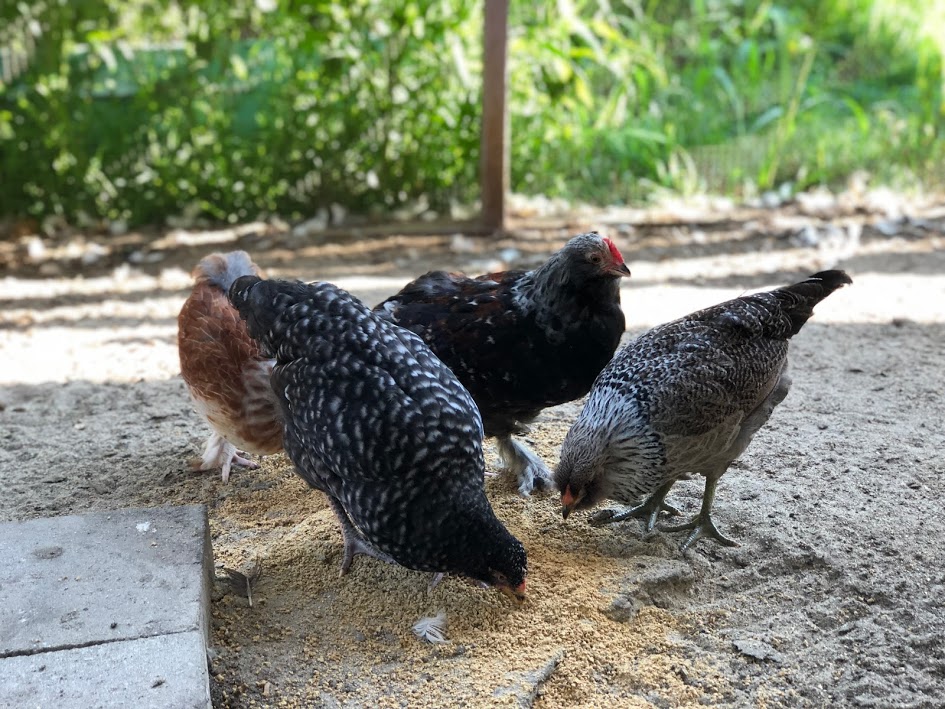
Treats 10-18 weeks
Again, treats should just be occasional so they will eat their feed, but you can expand their treat diet to include a large variety of veggies, fruits, & herbs. Always be sure grit is available when you feed treats. Most birds are living full time outside by this age and as long as they have access to the ground, they will be able to find their own grit. Click here to read more about great treats for chickens
Combination Starter/Grower Feed 0-18 weeks
Don’t want to deal with switching out feeds? Combination starter/grower feed is available to get your babies from hatching to laying. It usually has about 18% protein, which would be fine for a growing layer flock. If you are raising broilers, you should stick with the separate starter & grower feeds.
Layer Feed – 18+ weeks
Congratulations! Your babies are full grown and ready to start laying eggs! Layer feed usually has about 16% protein and higher amounts of calcium to help support strong egg shells. Full grown chickens typically eat about 1/2 cup of feed per chicken per day, but it is recommended to have feed available to them at all times. Chickens are smart enough to only eat when hungry.
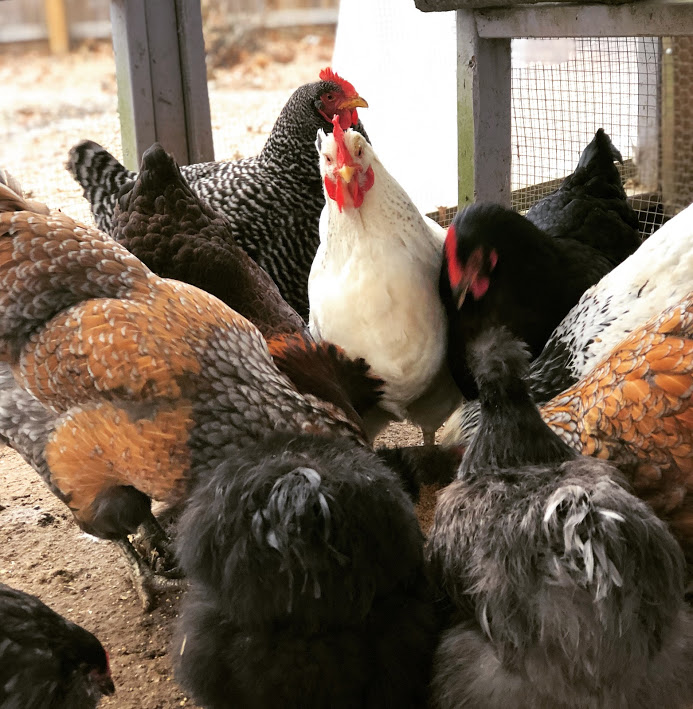
Crumbles vs Pellet
Layer feed comes in two forms. Crumbles are closer to the size of starter/grower feed, with small crushed up pieces. Pellets are larger cylindrical pieces. When your flock is coming off starter/grower feed, crumble makes for an easy transition. Pellets can take some getting used to, but they have less waste and are the most commonly used feed type. My girls are spoiled and turn their beaks up if I accidentally buy pellets!
Extra Calcium
Producing a brand new, fully formed egg every day requires a lot of calcium! If your birds don’t get enough calcium from their diet, their body will tap into it’s calcium stores to produce egg shells. This will make for weak birds and weak egg shells. It’s a good idea to offer an extra calcium source for your girls to enjoy free choice. Crushed oyster shells or cleaned, crushed egg shells are easy to find source of calcium.
Treats – adult hens
Chickens are omnivorous – enjoying a large range of food from veggies to fruit to herbs to meat, eggs & yogurt. A few notable things chickens should NOT eat include raw or green potatoes, avocado, leaves from tomato or potato plants, candy, chocolate or human “junk” food, or anything that is moldy. I would also recommend you not feed chickens raw or whole hard boiled eggs because it can encourage them to start seeing the eggs in the nest box as food. Feeding them scrambled eggs is fine!
Scratch Grains
Your flock will love scratch, but it definitely falls into the treat category. “Scratch” can range from a bag of cracked corn to mixed grains including cracked corn, sunflower & other seeds, rolled or whole grain wheat, barley & oats. It is tasty but it is essentially junk food for your chickens, full of calories but not much nutrition. Scratch should not make up more than 10% of your chicken’s diet. Scratch is great for cold winter nights. It takes their bodies longer to digest scratch grains, upping their body temperatures, so it makes a great bedtime snack for the winter.
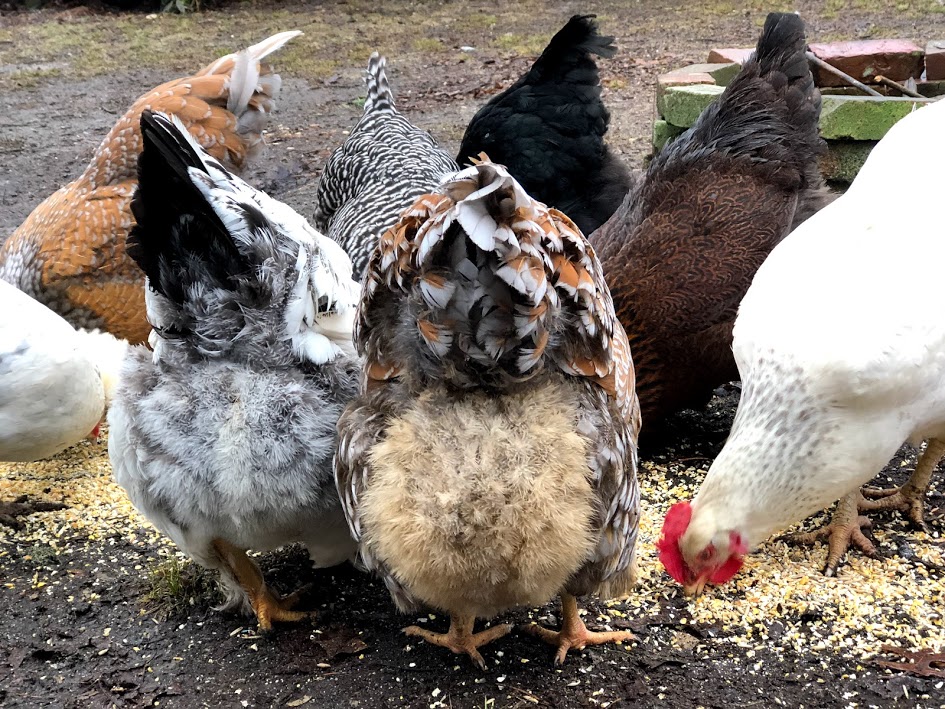
Mixed Age Flocks
Given the power of chicken math, if you have been keeping chickens for more than a couple years you are going to end up with a flock of mixed ages with different feed requirements at some point. If you have young birds under 18 weeks old living with older laying hens the best solution is to feed the entire flock starter/grower feed and then offer plenty of oyster shells free choice for the older ladies. The layers will instinctively seek the shells out and the younger birds will ignore them. You should not feed chicks under 18 weeks layer feed as too much calcium can permanently damage their kidneys.
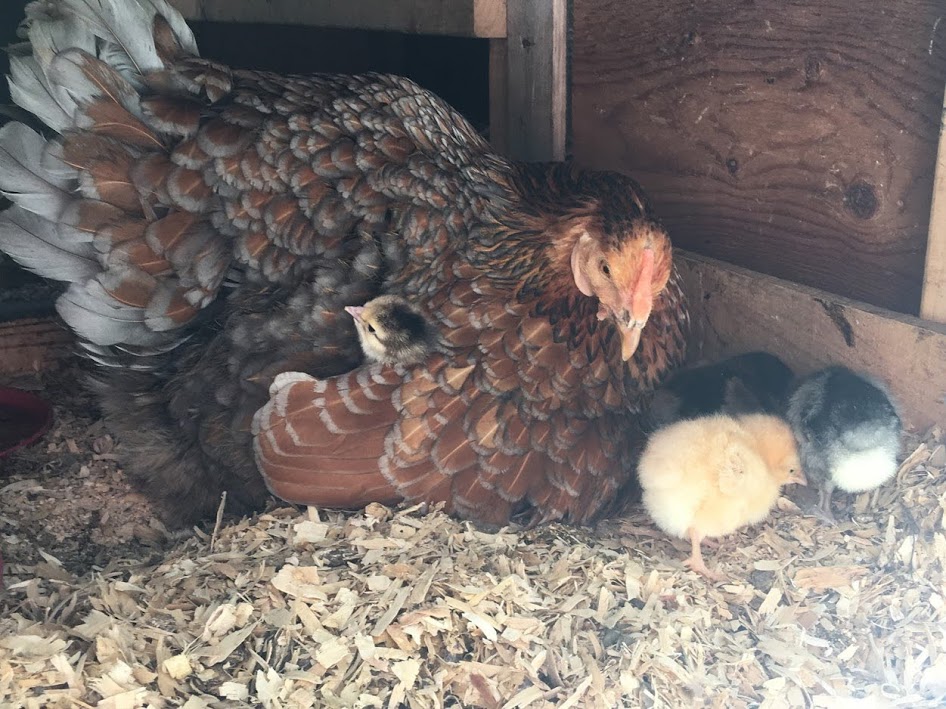
Molting Flocks
Growing feathers requires a lot of protein! When your flock is molting, they can use a protein boost to get them through. There are some specially marketed “feather fixer” feeds you can switch to during molting, or you can offer more high protein treats like meal worms, scrambled eggs or cooked fish.
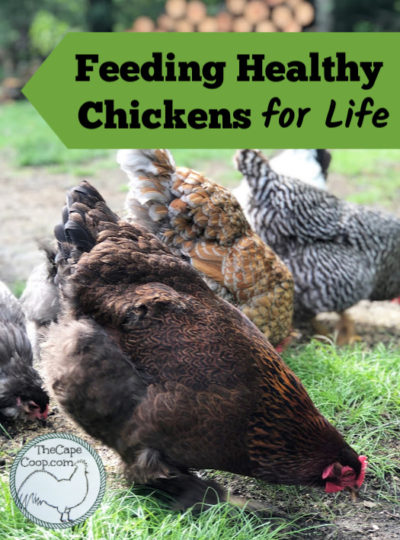
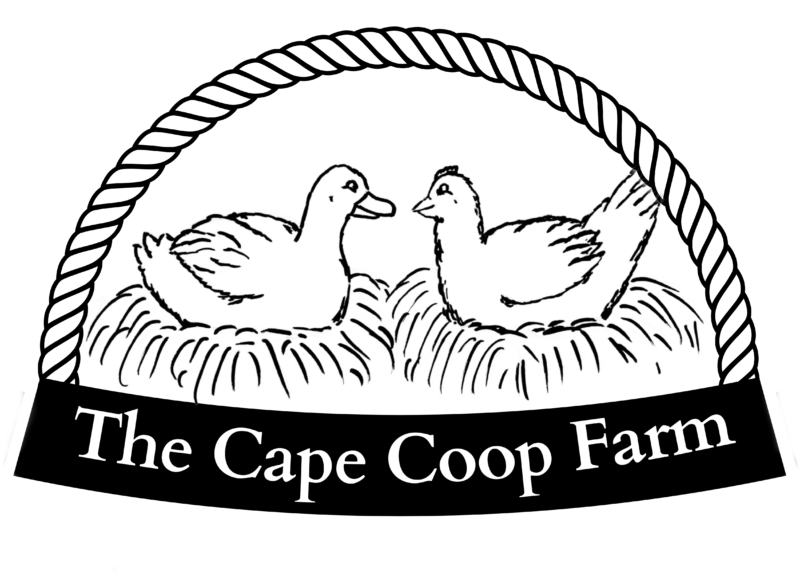



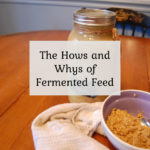
Alane
Tuesday 7th of July 2020
Hi Liz. Thanks for the clear info. Our new chicks are hatching today and we bring them home in 2 days. A couple of questions for you. I would prefer to NOT do medicated feed. The probiotic powder link isn't working so I'm wondering what exactly you recommend. Also wondering if it's ok to feed fermented starter feed to chicks?
Thanks again for the information.
Liz
Tuesday 7th of July 2020
Very exciting! I have used two kindsof probiotics - sav-a-chick and probios, and both have worked well. And yes you can feed fermented feed to chicks. Good luck!
Pam Hill
Friday 17th of April 2020
Hi Liz. I am thoroughly enjoying your post’s especially since I will finally become a “chicken mom” in a few weeks. My chicks are being fostered by my granddaughter and her boyfriend. I can’t wait to get them home. Thanks for the great advice Pam
Liz
Friday 17th of April 2020
Awesome! Congrats on your new additions! :)
candy
Wednesday 19th of December 2018
Love reading how you feed your chickens. Found you on Homestead Blog Hop
Liz
Thursday 20th of December 2018
Thanks Candy! Welcome :)
Heather
Tuesday 18th of December 2018
What an awesome article!! Thanks for the info Liz!!
Liz
Tuesday 18th of December 2018
thanks Heather!